Warning: Spoilers for the film are in this article if you haven’t seen the film please watch it first.
Todd Phillips’ “Joker” portrays a mentally ill man trying to survive in the destitute city of Gotham; that is, until he reaches his breaking point and sparks a violent revolution against the city’s oligarchs.
“Joker”’s sympathetic depiction of a murderous sociopath has spurred controversy among critics and movie-goers alike. The film can be seen as a twisted coming-of-age story of a troubled man castigated by society, who, by the end of his character arc, accepts who society has made him into: the Joker.
Arthur Fleck, portrayed by Joaquin Phoenix, works as a street clown aspiring to be a comedian to support his ailing mother. He strives to bring joy and happiness to the world. However, Fleck is constantly beaten down by the cruel inhabitants of Gotham. It is only through episodes of delusions in which others are kind to him that he finds solace. When it is revealed that Arthur is in fact adopted by his mother and abused by her boyfriend, Arthur kills his mother and spirals into a chasm of chaos and violence.
There have been many incarnations of the Joker from the last fifty years, ranging from Cesar Romero’s campy Joker from the 1960s to the dark and anarchist Joker portrayed by the late Heath Ledger.
Phoenix’s Joker breaks from past interpretations of the comic character; interestingly, his Joker is the first time we see the character developed separately from his antithesis: Batman. The absence of a foil allows for Phoenix’s Joker to be more of a character study of society’s poor treatment of its “have nots.”
Phillips connects Gotham’s class disparity to the increasing financial disparity that exists in contemporary global society. In 2018, the tax rate for the top 400 families in the United States has declined to approximately 22%, lower even than the tax rates of its poorest citizens.
While “Joker” tackles themes such as class disparity and cruelty of the affluent in the United States toward the poor, on the other side of the world in South Korea, Bong Joon-Ho’s Parasite unnervingly quarrels with a similar conundra.
“Joker” is not a mere political message or reflection of a select few countries’ struggles. Hong Kong, Lebanon, Chile, and Iraq are amidst a major period of turmoil where people are taking to the streets to demand economic and social justice. The Joker’s fight has inspired these protesters to wear the character’s face make-up as they take to the streets.
Despite the controversy surrounding the movie regarding violence, disturbing images and blood appear sparsely throughout the movie, only utilized after Arthur’s realization of his false origin story.
Throughout the film Arthur has delusions of grandeur. The ambiguity of Arthur’s reality is masterfully controlled by Phillips’ manipulation of tone. “Joker” conveys a sense of uneasiness when Arthur is in reality, where people treat him like “trash” because of his uncontrollable laughter. When anyone does treat Arthur with consistent kindness and sympathy, the scenario is clearly manufactured by Arthur’s imagination.
Thus, because the audience sympathizes with his underdog status, viewers feel uncomfortable when Arthur is in reality, preferring his delusions. Arthur tries his hardest to be a normal person, to get to a point where he doesn’t need to dream anymore.
The moment Arthur puts on the suit and paints on the clown face he breaks off his metaphorical childhood radiator; he is no longer Arthur Fleck–he embraces the dance, laughter and subversive disobedience of the Joker.
“Joker” is now the top-grossing R-rated movie of all time, surpassing “Deadpool.” With the explosion of discussion on class disparity and Joker’s influence on current protests in multiple countries, “Joker” inspires all the mistreated, overlooked and underserved to stand up and not just take it.
“Joker”‘s fictional spark has lit the world on fire.


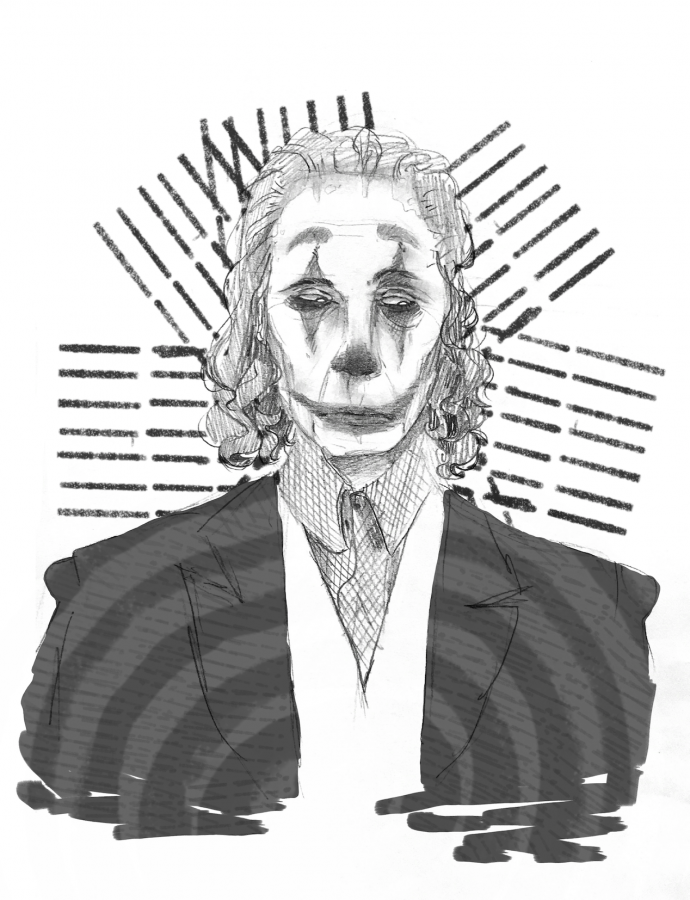

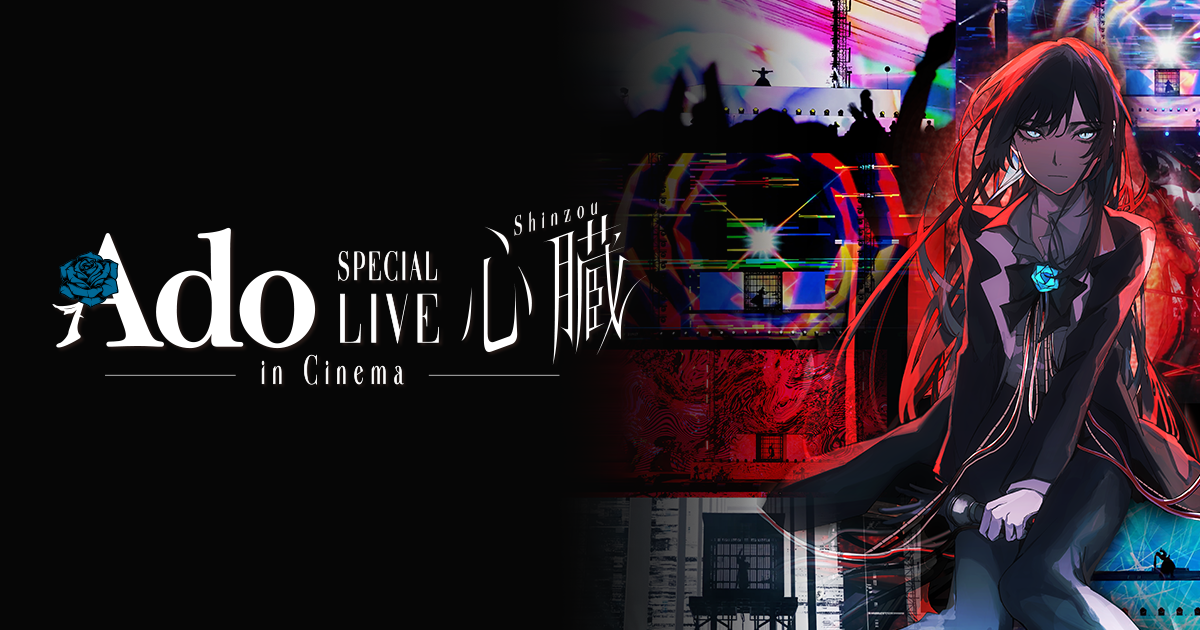
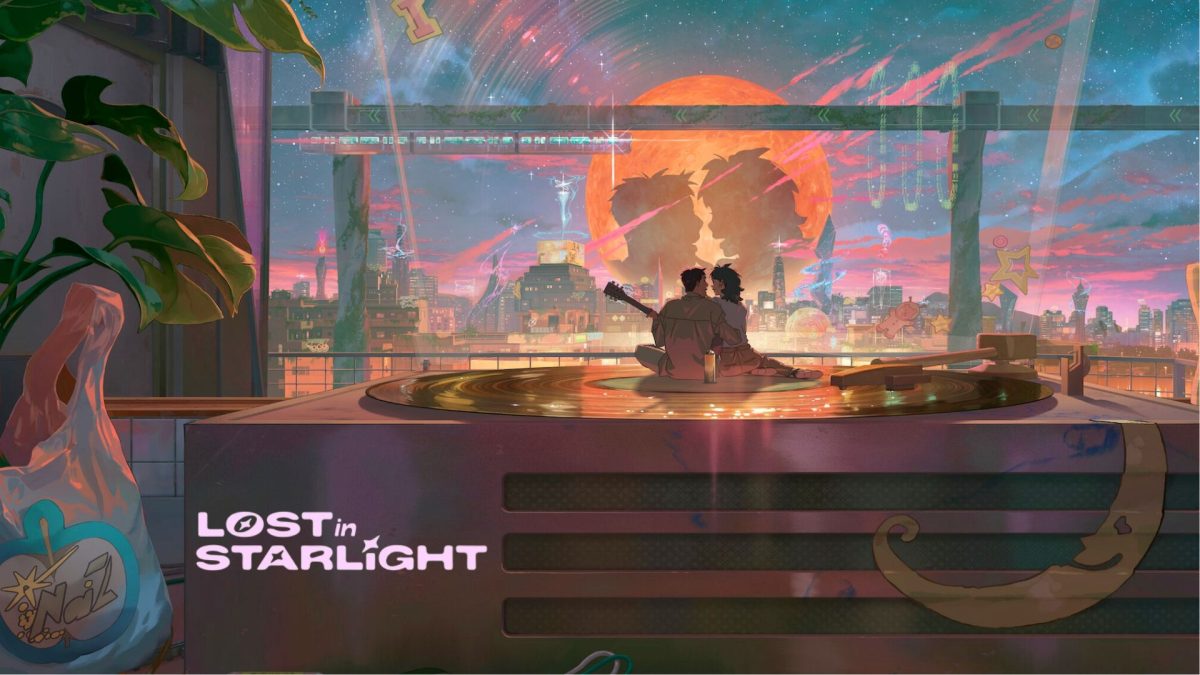
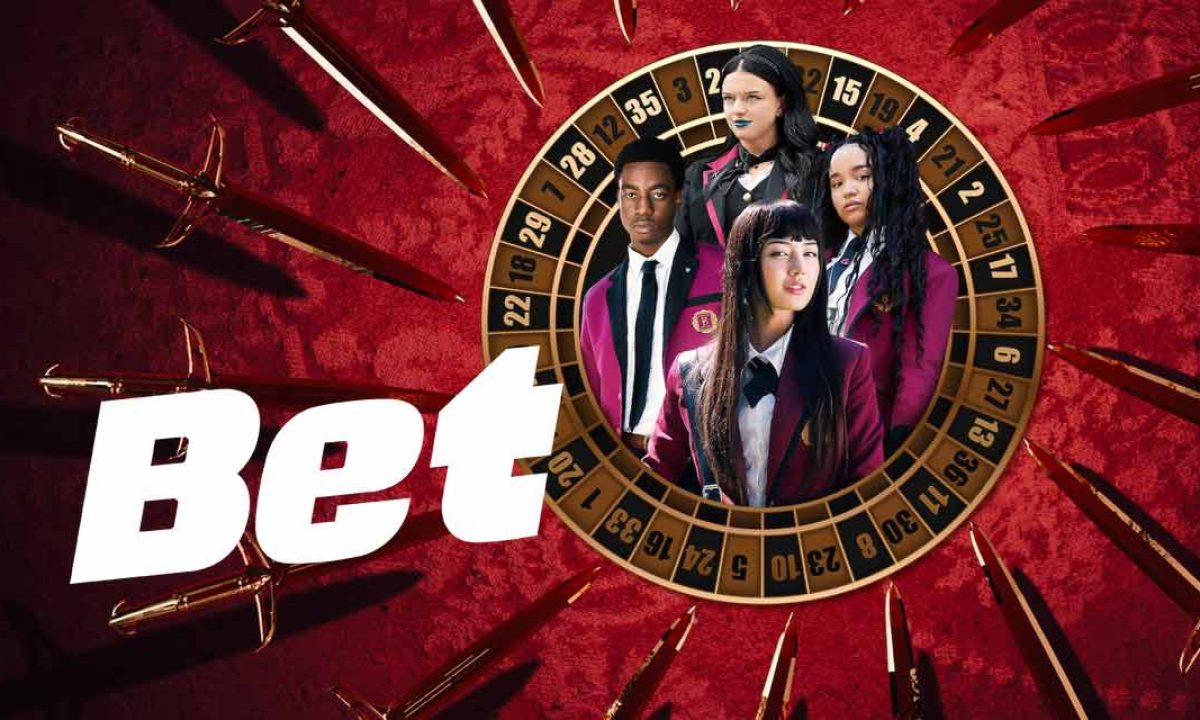
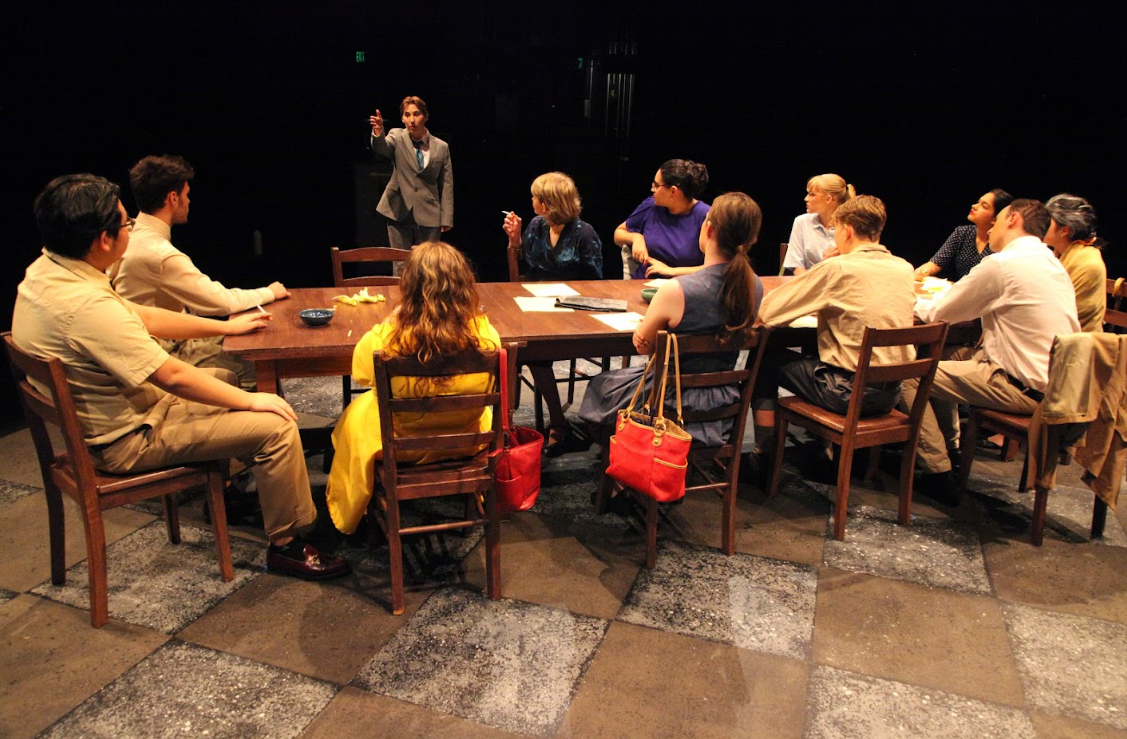

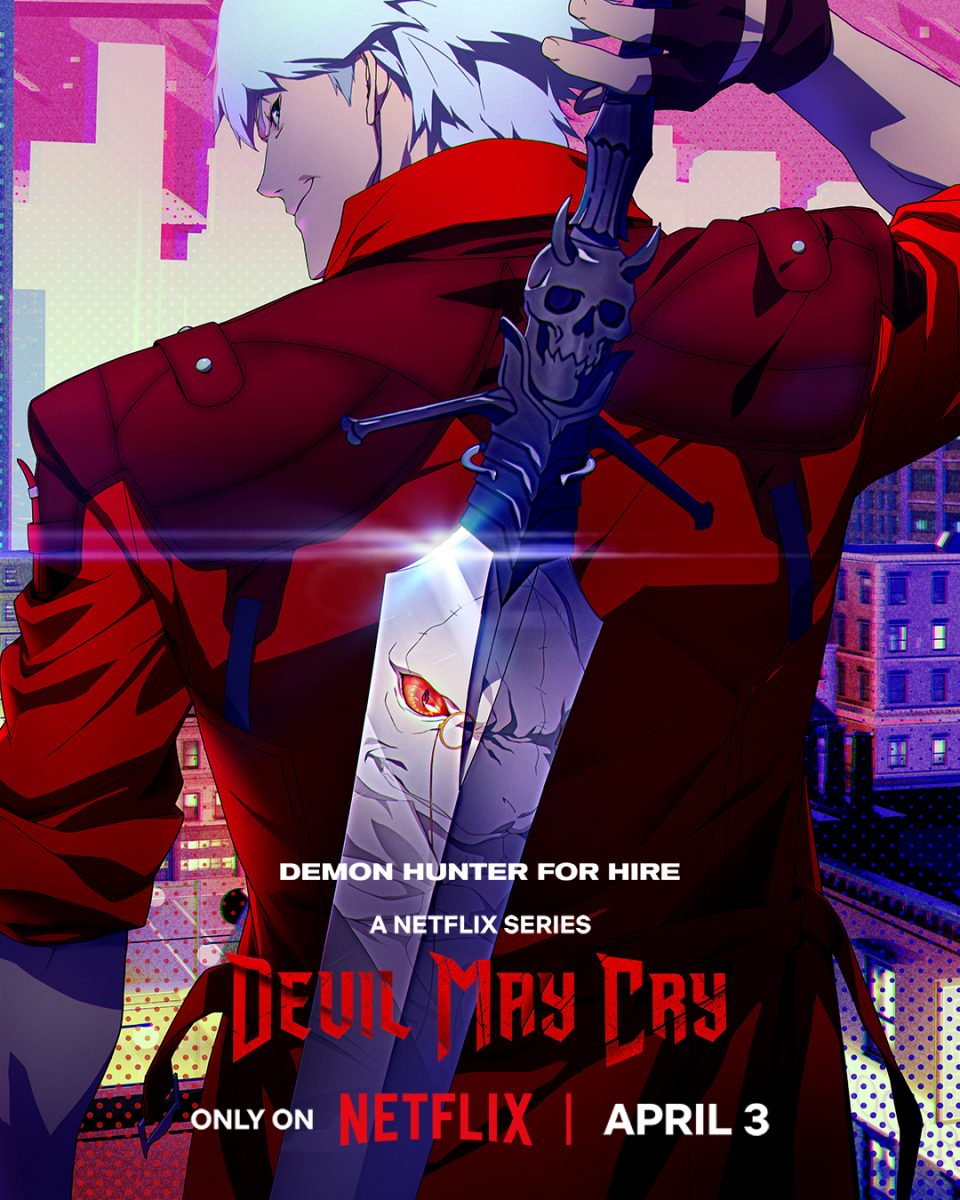
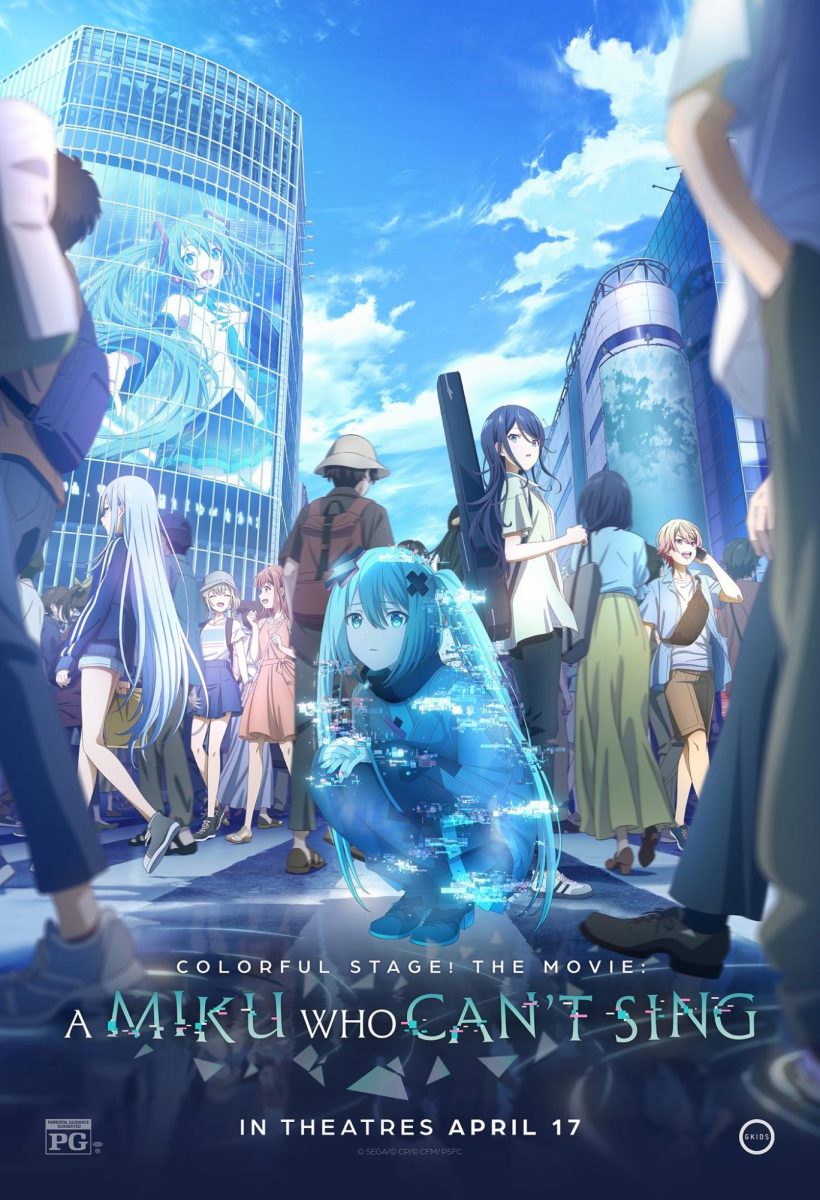

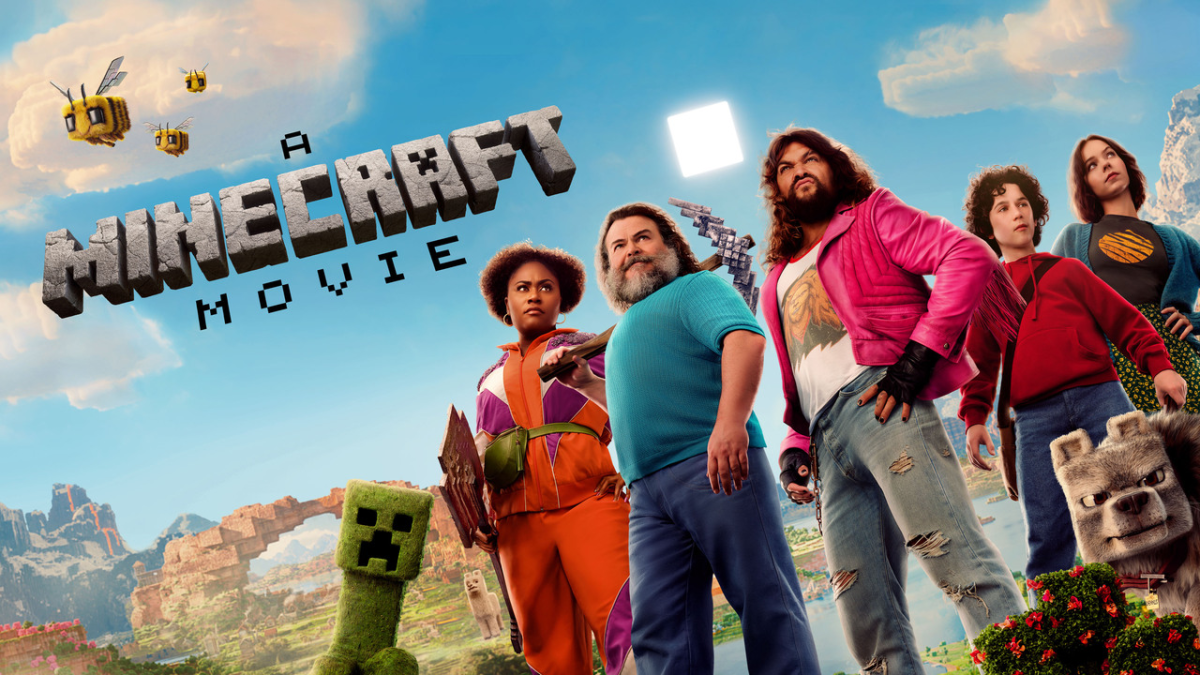
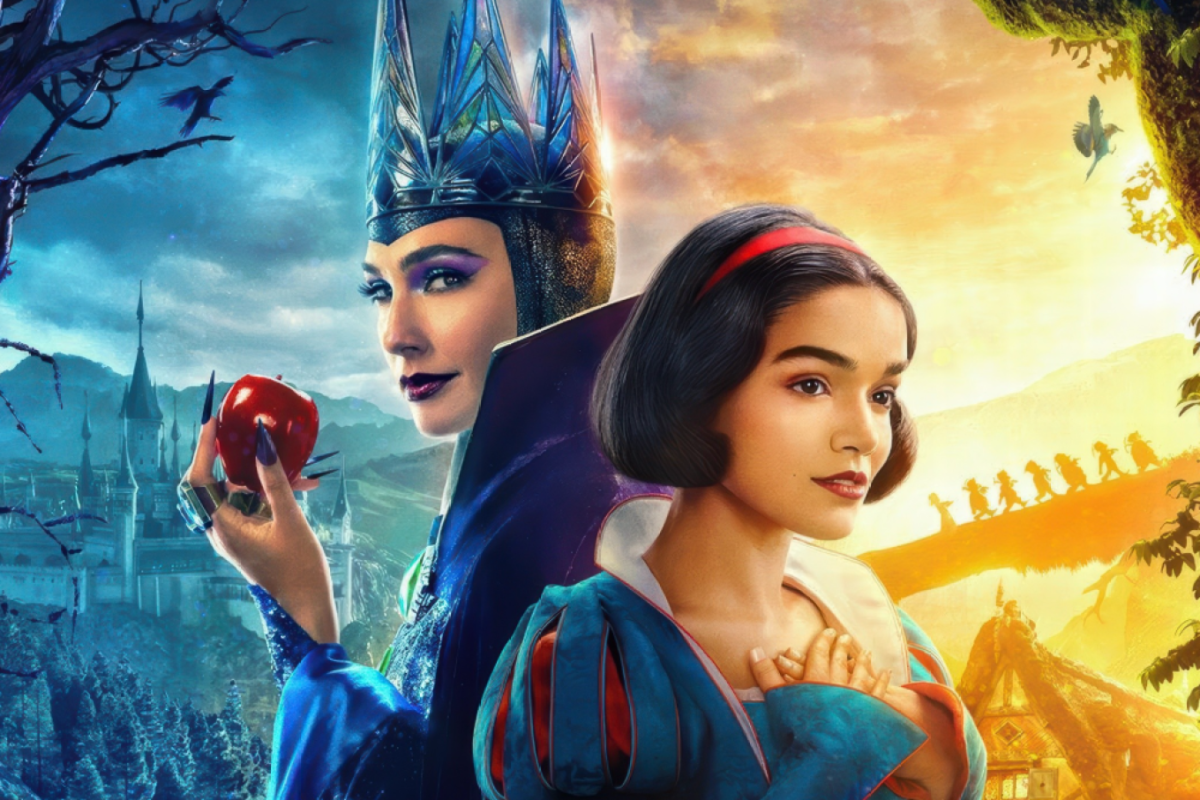
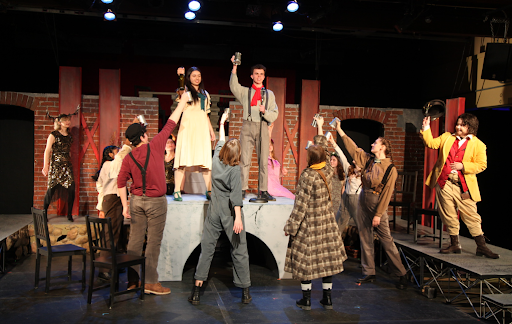
Willodean Clougherty • Jun 4, 2020 at 9:43 am
I simply want to mention I am beginner to blogging and site-building and certainly enjoyed you’re website. More than likely I’m likely to bookmark your site . You definitely have good well written articles. Regards for sharing with us your blog site.